Kamala Harris’s new memoir, 107 Days, offers a postmortem of her whirlwind 2024 presidential campaign, launched in the wake of Joe Biden’s abrupt departure from the race.
The title is a reference to the brutally short window she had to convince Americans she should become their first female commander-in-chief. The Democrat lost all seven swing states and the election to Donald Trump.
Here are five things we learned from 107 Days:
1. The Biden-Harris partnership was deeply fractured by perceived slights and mistrust.
In Harris’s telling, Joe Biden’s staff operated with a “zero-sum” mentality, believing that “if she’s shining, he’s dimmed”. This outlook, she suggests, led to her being sidelined and handed what her husband, Doug Emhoff, called “impossible, shit jobs”.
The memoir recounts a particularly stinging episode on 4 July as calls for Biden to withdraw from the election were mounting. First lady Jill Biden pulled Emhoff aside and demanded: “Are you supporting us?” The question provoked a furious outburst from Emhoff later in private. “They hide you away for four years,” he vented. “And still, they have to ask if we’re loyal?”
Hours before her pivotal debate against Trump, Harris received a call from Biden seeking to rewrite the history of his own disastrous debate performance while Harris was “barely listening”. He also aired a grievance that “power brokers in Philly” were upset with her, making the high-stakes moment “all about himself”. Harris recalls feeling “angry and disappointed”.
2. Harris believed Biden’s decision to run was “recklessness” and that his team was in denial.
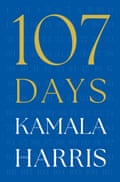
For months leading up to the 2024 election, the debate over Biden’s fitness for a second term dominated the national conversation. While Harris publicly maintained that Biden was fully capable of governing, her memoir reveals deep private concerns about his ability to campaign effectively. With hindsight, she frames the decision for him to run as “recklessness” and a choice that “should have been more than a personal decision”.
Harris offers a blunt assessment of the former president’s condition, writing that “at eighty-one, Joe got tired. That’s when his age showed in physical and verbal stumbles.” This reality came to a head during Biden’s disastrous debate performance against Trump. “As soon as he walked onto the debate stage in Atlanta, I could see he wasn’t right,” she writes.
What followed, she suggests, was a profound state of denial within Biden’s inner circle. Immediately after the debate, her staff received talking points from the president’s team with the wildly unrealistic headline: “JOE BIDEN WON.” This disconnect from reality was a theme of the campaign she inherited. Her senior adviser David Plouffe would later tell her bluntly: “People hate Joe Biden.”
3. Pete Buttigieg was her first choice for running mate but she deemed the ticket “too big of a risk”.
Harris states explicitly that transportation secretary Pete Buttigieg was her “first choice” as running mate and he “would have been an ideal partner—if I were a straight white man”. She concluded that asking the US electorate to accept a ticket featuring a Black woman and a gay man was simply “too big of a risk”, a sentiment she believed Buttigieg understood with “mutual sadness”.
Another finalist, Pennsylvania governor Josh Shapiro, also gave her pause. While she found him “poised, polished and personable”, she harboured a “nagging concern that he would be unable to settle for a role as number two”.
In the end, she selected Minnesota’s governor, Tim Walz. Her frustration with the realities of the campaign continued, however, with the memoir revealing she yelled at her TV as Walz “fumbled” key moments in his debate against JD Vance, moaning: “You’re not there to make friends with the guy who is attacking your running mate.”
4. Harris admits to critical campaign errors, including a “hand grenade” moment on The View.
Harris recounts how her own instincts, honed over four years of defending the administration, sometimes worked against her as a presidential candidate trying to forge her own identity.
The primary example of such a self-inflicted wound came during an appearance on the talkshow The View. When asked what she would have done differently from Joe Biden, Harris writes that she blanked on her prepared talking points and responded with a line that would haunt her campaign: “There is not a thing that comes to mind.”
Looking back, she understands the magnitude of the blunder. “I had no idea I’d just pulled the pin on a hand grenade,” she writes, recognising the comment as a “gift to the Trump campaign”. This was the public manifestation of a loyalty to Biden so ingrained and fraught with tension that it left her unable to chart her own course, even when her political survival depended on it.
5. The campaign trail was filled with bizarre moments.
After a second assassination attempt against him, Trump and Harris spoke on the phone. Despite his relentless public attacks, Trump was disarmingly flattering in private. “How do I say bad things about you now?” he asked, adding that his daughter Ivanka “is your big fan”. Harris was not fooled by the charm offensive, privately thinking: “He’s a con man. He’s really good at it.”
Recalling a run-in with Vance, Trump’s running mate, whom she calls a “shape-shifter”, Harris reveals a flash of profane candor. Had she known Vance was approaching her plane for a political stunt, she writes: “I would’ve been inclined to step from my car and use a word I believe best pronounced correctly. It begins with an m and ends with ah.”
In the crucial hours after Biden dropped out, Harris worked the phones to consolidate support. Her call to California’s governor, Gavin Newsom, a longtime political frenemy, was met with a curt text message. Her notes from the exchange read simply: “Hiking. Will call back. (He never did.)”

 German (DE)
German (DE)  English (US)
English (US)  Spanish (ES)
Spanish (ES)  French (FR)
French (FR)  Hindi (IN)
Hindi (IN)  Italian (IT)
Italian (IT)  Russian (RU)
Russian (RU)  2 hours ago
2 hours ago







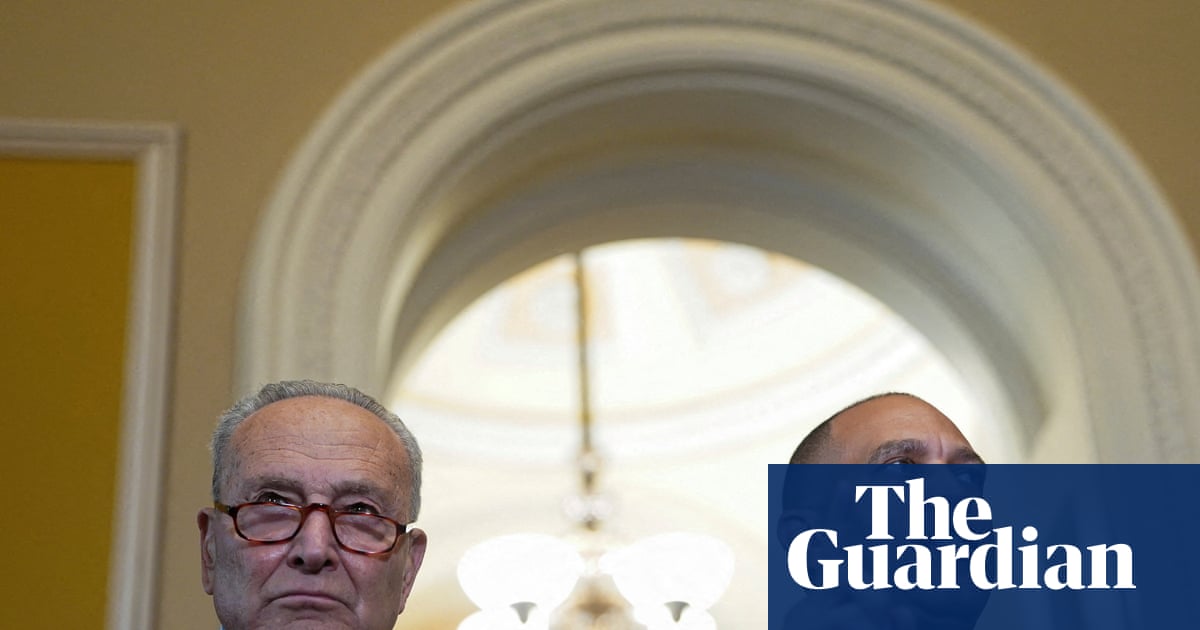





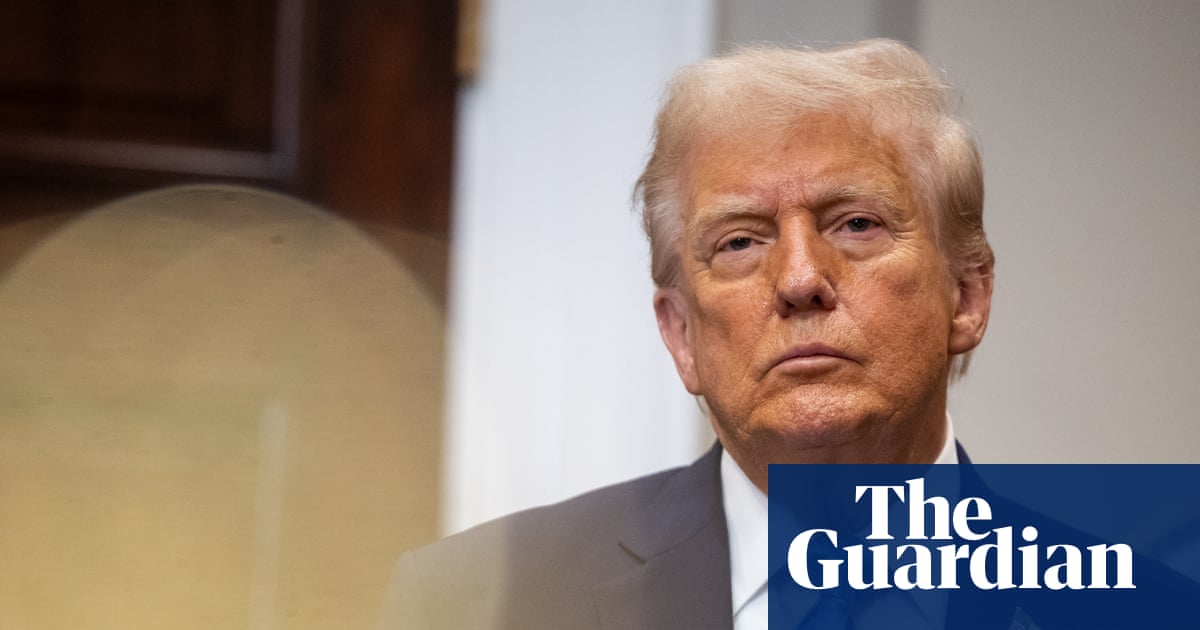
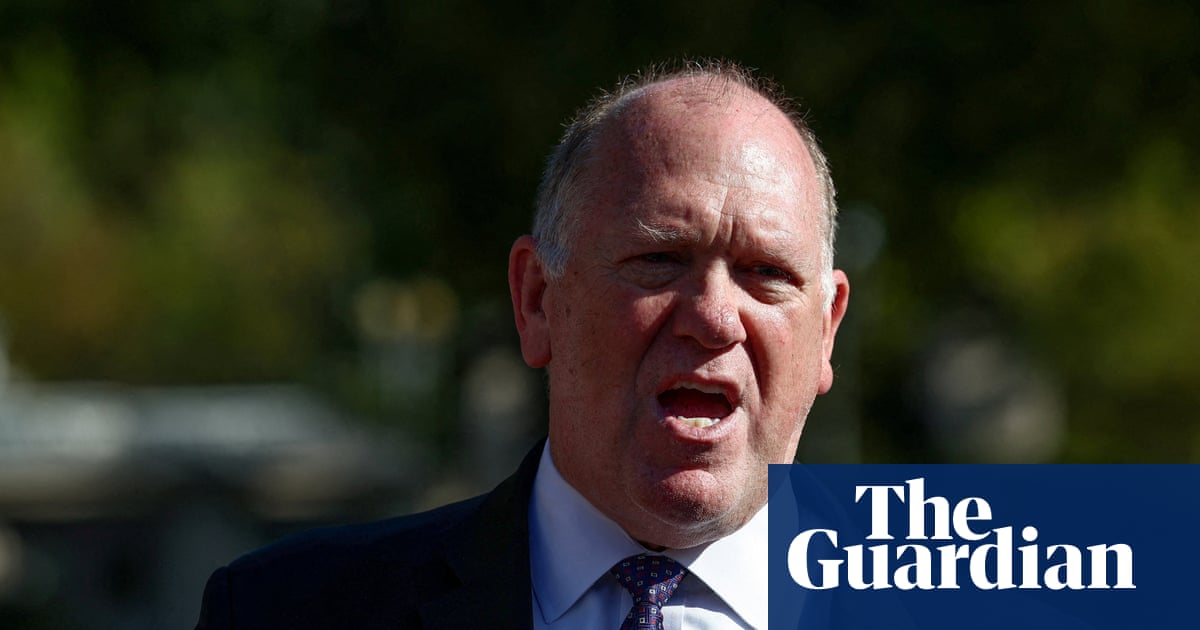
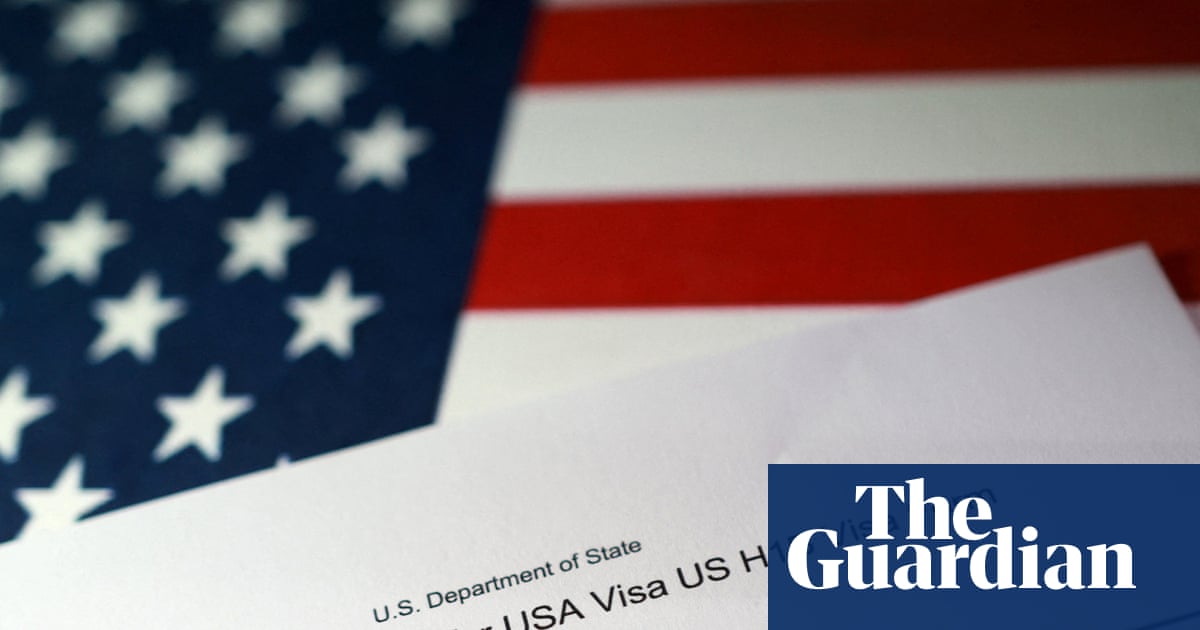








Comments